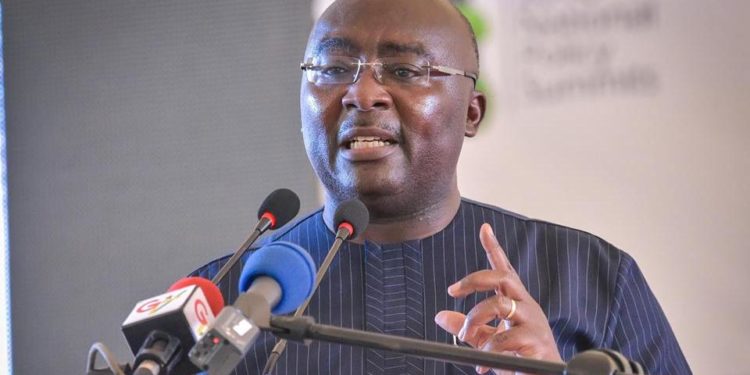The IMF board has concluded the final review on Ghana bringing an end to the Extended Credit Facility Programme.
This was after the IMF staff, concluded the 7th and 8th review earlier this year.
Sources say the Board concluded the meeting on Ghana’s programme completion Wednesday in Washington DC, USA.
The approval, however, came with some concerns; like rising debts, fast-tracking work on the treasury single account, fiscal discipline ahead of 2020 election, balancing revenue and expenditure so as to not damage the economy.
Impact or meaning of this development
This does not mean that Ghana can or is going to exit the IMF.
However, it could mean that there would no longer be those restrictions and conditionalities that affected some of the government’s programmes to grow the economy.
One can also talk about those partial freezes on new employment into the public sector like the health and the educational sectors.
However, some have also argued that some of the conditions were basically aimed at stabilizing the economy, so if the government is really committed to fiscal prudence maybe nothing would really change post the 3-year IMF program.
Government on the Board meeting
Sources close to the government said they are optimistic of passing the last IMF board review meeting.
This is because of what they have actually addressed or worked on the last three programme targets, that should have happened before this board meeting.
The IMF has proposed April 3 as the official date that Ghana can exit the IMF programme after almost four years of implementing several reforms.
Post completion of IMF Programme
There are concerns from some investors about fiscal discipline post-IMF programme. But the government has given the firm assurance that several measures have been instituted and even laws like the Financial Administration Act and institutions like the Fiscal Council and the Financial Stability Council would support the quest to be prudent with expenditure.
Background on the 3-year ECF program
The Executive Board of the International Monetary Fund (IMF) on April 3, 2015, approved a three-year arrangement under the Extended Credit Facility (ECF) for Ghana in an amount equivalent to SDR 664.20 million (180 percent of quota or about $918 million) in support of the authority’s medium-term economic reform program.
The programme was aimed at restoring debt sustainability and macroeconomic stability to foster a return to high growth and job creation while protecting social spending.
The Executive Board’s decision will enable an immediate disbursement of SDR 83.025 million (about US$114.8 million).
The new ECF-supported program, anchored on Ghana’s Shared Growth and Development Agenda, aimed at strengthening reforms to restore macroeconomic stability and sustain higher growth.
The main objectives of the program are to achieve a sizeable and frontloaded fiscal adjustment while protecting priority spending, strengthen monetary policy by eliminating fiscal dominance, rebuild external buffers, and safeguard financial sector stability.








